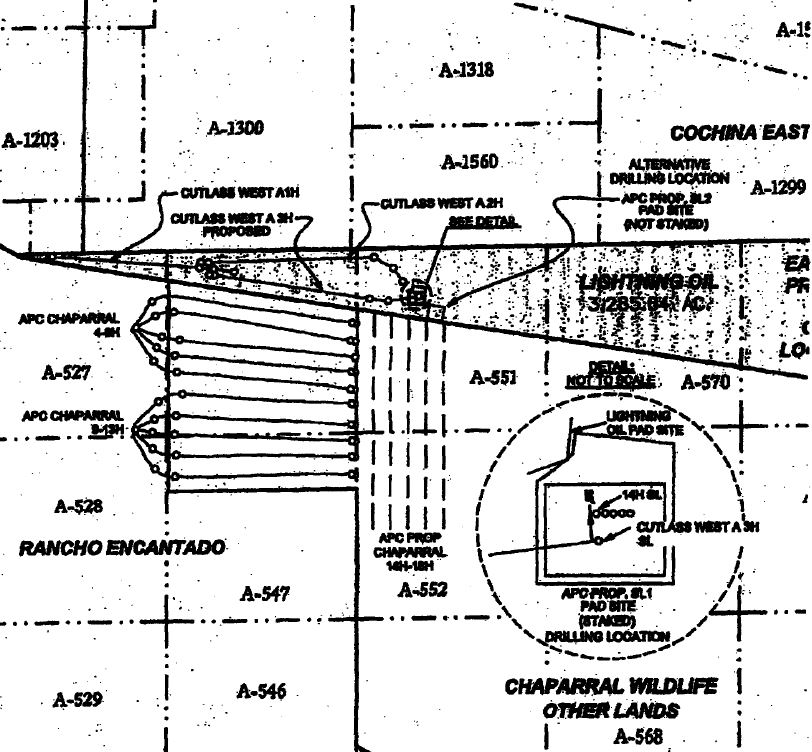In March, the Texas Supreme Court decided James H. Davis, Individually and d/b/a JD Minerals, and JDMI, LLC v. Mark Mueller, No. 16-0155. (Davis v. Mueller) The Court construed a mineral deed to JD Minerals covering interests in Harrison County. The deed described particular interests owned by the grantor and then added the following:
The “Lands” subject to this deed also include all strips, gores, roadways, water bottoms and other lands adjacent to or contiguous with the lands specifically described above and owned or claimed by Grantors. If the description above proves incorrect in any respect or does not include these adjacent or contiguous lands, Grantor shall, without additional consideration, execute, acknowledge, and deliver to Grant[ee], its successors and assigns, such instruments as are useful or necessary to correct the description and evidence such correction in the appropriate public records. Grantor hereby conveys to Grantee all of the mineral, royalty, and overriding royalty interest owned by Grantor in Harrison County, whether or not same is herein above correctly described.
The particular tract descriptions were vague and not sufficient to satisfy the statute of frauds. So the issue was whether the deed conveyed anything. JD Minerals contended that the last sentence quoted above was sufficient to convey all interests owned by Grantor in Harrison County, even if all other descriptions in the deed were not sufficient under the Statute of Frauds. The Supreme Court agreed with JD Minerals. It agreed that the particular descriptions were too vague to convey anything, but it followed the Texas rule that a “blanket” conveyance of all of the grantor’s property a named county (or indeed in the State of Texas) is sufficient to convey all property owned by the grantor in the county. The fact that this sentence was in the same paragraph as the Mother Hubbard clause of the deed did not make it ambiguous.
 The Texas Supreme Court has refused to allow DISH, a small town in Denton County north of Fort Worth, and several of its residents, to proceed with its suit against four companies who operate gas compressor stations near the town. The plaintiffs alleged that they were harmed by the noise, odors, light and chemicals from the compressors. The Court held that their claims were barred by limitations, reversing an opinion by the Amarillo Court of Appeals that would have allowed the case to proceed.
The Texas Supreme Court has refused to allow DISH, a small town in Denton County north of Fort Worth, and several of its residents, to proceed with its suit against four companies who operate gas compressor stations near the town. The plaintiffs alleged that they were harmed by the noise, odors, light and chemicals from the compressors. The Court held that their claims were barred by limitations, reversing an opinion by the Amarillo Court of Appeals that would have allowed the case to proceed. Oil and Gas Lawyer Blog
Oil and Gas Lawyer Blog



